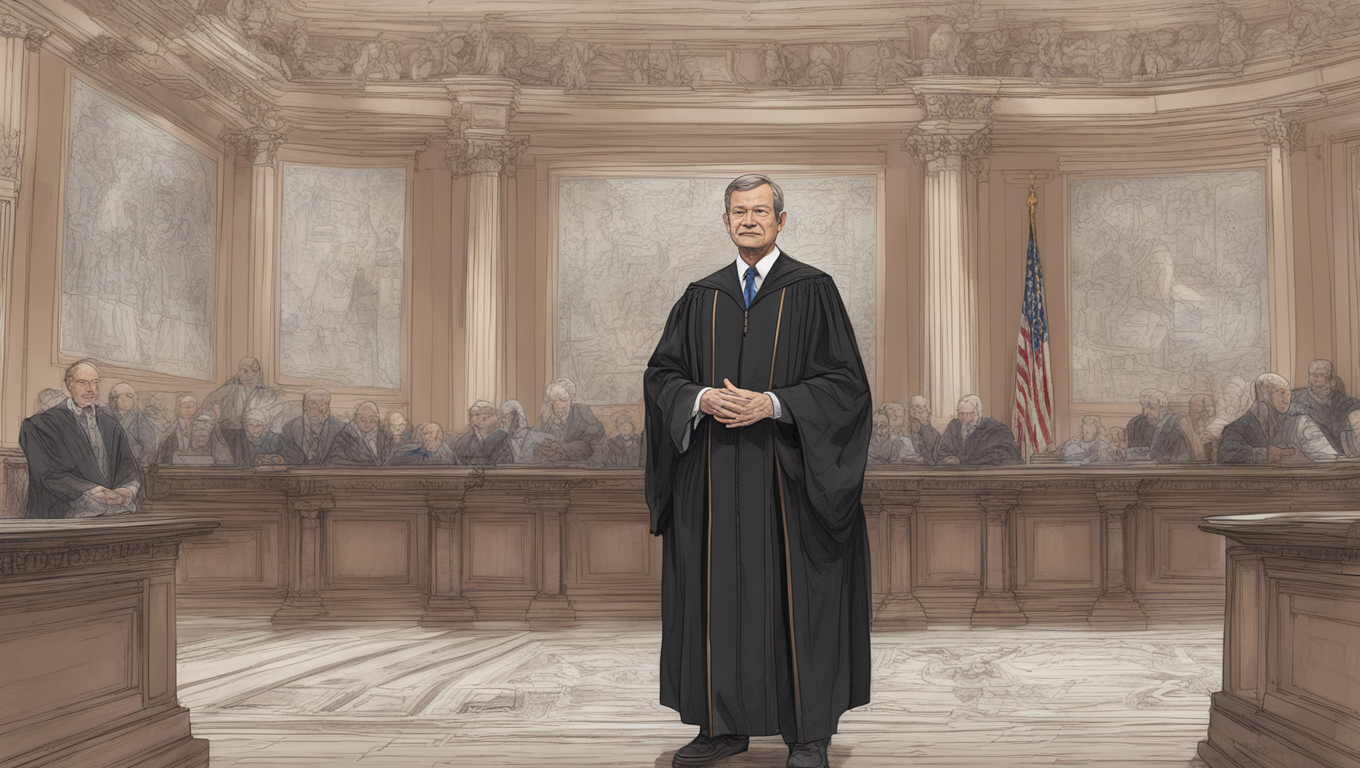In a year-end report, US Supreme Court Chief Justice John Roberts has cautioned the legal field to approach the integration of artificial intelligence (AI) with “caution and humility.” He acknowledges the potential benefits of AI in increasing access to justice for indigent litigants, revolutionizing legal research, and assisting courts in resolving cases more efficiently. However, he also highlights concerns about privacy and AI’s inability to replicate human discretion.
Roberts predicts that human judges will remain a crucial part of the legal system for the foreseeable future, but he is certain that AI will significantly impact judicial work, particularly at the trial level. His report marks his most significant discussion to date on the influence of AI on the law. It coincides with lower courts grappling with how best to adapt to this evolving technology, which is capable of passing the bar exam but is also prone to generating fictitious content, also known as “hallucinations.”
The chief justice emphasizes the need for caution when using AI and warns against citing non-existent cases in court papers based on AI-generated hallucinations. He cites an example where lawyers mistakenly used fake case citations in an official court filing. This phenomenon has made headlines recently, with other instances of lawyers including AI-hallucinated cases in legal briefs being documented.
To address the challenges posed by generative AI tools like OpenAI’s ChatGPT in the legal field, a federal appeals court in New Orleans has proposed a rule to regulate their use. The proposed rule by the 5th US Circuit Court of Appeals would require lawyers to certify that they either did not rely on AI programs to draft briefs or that humans reviewed the accuracy of any text generated by AI in their court filings.
Roberts' comments highlight the complexities and potential pitfalls associated with the integration of AI into the legal field. While AI offers significant advantages in terms of efficiency and accessibility, it also raises important questions about privacy, accuracy, and the role of human judgment. As AI continues to evolve, the legal community must navigate a delicate balancing act between embracing technological advancements and preserving the essential human element of the legal profession.





Use the share button below if you liked it.